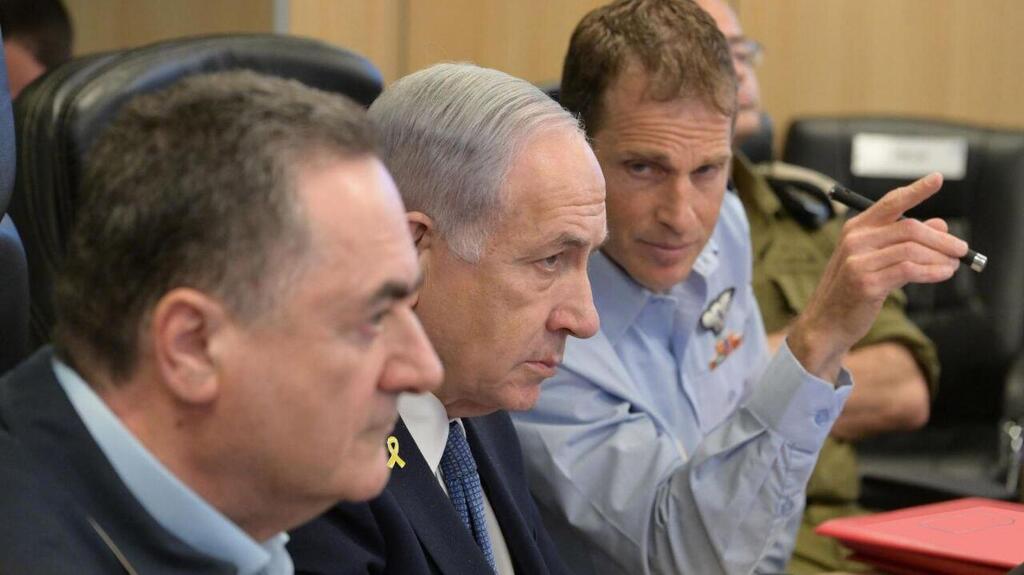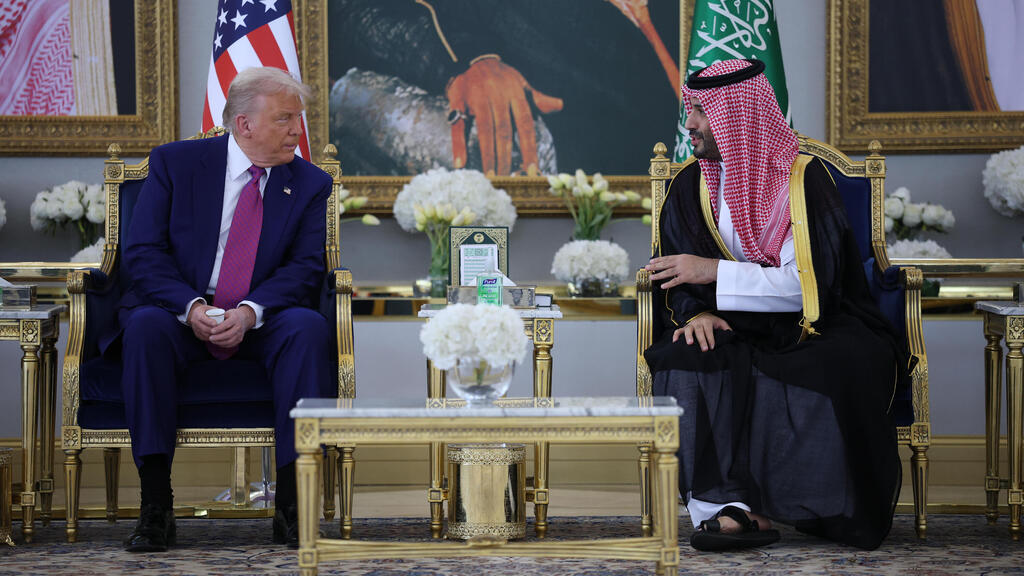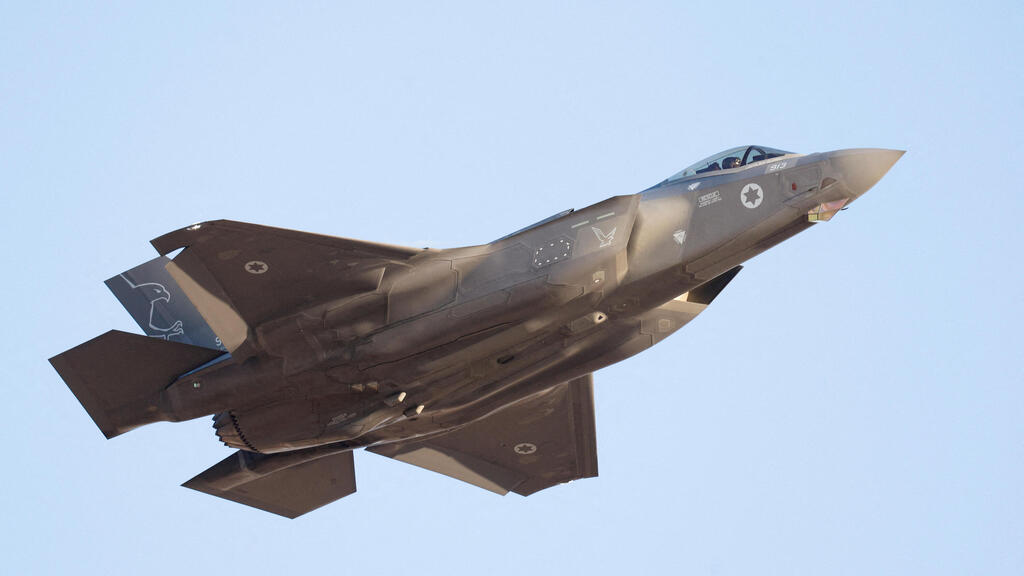Executives in Israel's defense industries were taken aback after Prime Minister Benjamin Netanyahu said Israel will learn to live without the billions of dollars in U.S. military aid given each year. "Israel receives $4 billion a year and I think we are where we will learn to live without it," he told lawmakers during his appearance before the Knesset Foreign Affairs and Defense Committee last week.
At a time when Israel is fighting a war on seven fronts, the longest in its history, Netanyahu's comments seemed to ignore reality. Other than the weapons provided to Israel by the United States by the military aid agreement signed between the two countries, Israel also recently received a special $5.2 grant approved by former U.S. President Joe Biden to pay for intercepts for Israel's aerial and missile defense systems and the development of its laser operated defense system.
3 View gallery


Prime Minister Benjamin Netanyahu during Israel's strike on the Houthi rebels in Yemen
(Photo: GPO)
The current defense package of $3.8 billion annually expires at the end of 2028. Israel must now prepare for discussions on a new deal, making Netanyahu's statements even more astounding.
The American military aid is a vital component of Israel's security and pays for its air force, advanced weapons and defense systems and its defense industry's research and development.
Under the agreement with the U.S., Israel receives much of its military aircraft without having to pay for them from the national budget, like many other countries do.
"I hope this was a slip of the tongue," an executive working with the Israeli and American defense industries said. "If Israel had to pay for its air force acquisitions out of its national budget, that would mean no money for health, education, social services and infrastructure."
Get the Ynetnews app on your smartphone: Google Play: https://bit.ly/4eJ37pE | Apple App Store: https://bit.ly/3ZL7iNv
Observers in the industry attribute Netanyahu's remarks to "panic and hysteria" that could jeopardize the strategic relations with the United States, on the eve of President Donald Trump's visit to the region and after he apparently disregarded Netanyahu in his decision to begin negotiations with Iran on its nuclear program and ending his military campaign against the Houthi rebels in Yemen while they continue to attack Israel, including its airport, causing transportation chaos.
Trump also seems to be on the cusp of approving a Saudi Arabian civilian nuclear program, including uranium enrichment on its soil, leaving out any demand for normalization of ties with Israel, and negotiating directly with Hamas for the release of the last living American hostages held in Gaza. "Where is Israel in all of this?" An official asked.
3 View gallery


U.S. President Donald Trump and Saudi Crown Prince Mohammed Bin Salman
(Photo: Win McNamee / Getty Images)
In a report issued by a commission reviewing Israel's defense budget needs in the coming decades, the American aid package, provided it remains at its current level, was already considered challenging for Israel's security needs. "It is vital to sign a new agreement with the Trump administration because, beyond its political and declarative importance, it is a significant aspect of the IDF's ability to acquire central platforms and especially planes, choppers and munitions," the report said.
The commission warned that if a news aid package is not finalized, Israel's defense budget would have to bear the cost of contracts already signed, which had relied on the American funding, including the purchase of F-35 stealth bombers ordered from Boeing.


